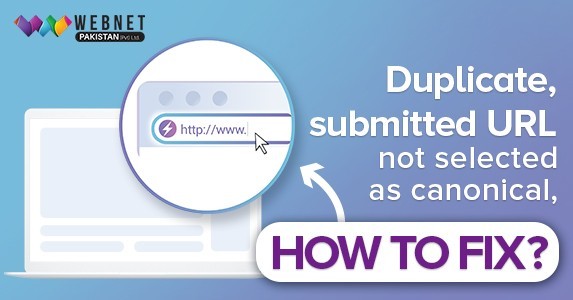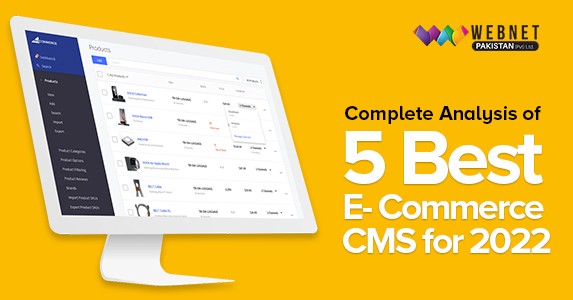Complete Guide to Website Audits & Optimization
A comprehensive website audit helps you uncover critical issues affecting your site's visibility, performance, and user experience. Whether you're managing an e-commerce platform, a blog, or a corporate website, regular audits are essential for maintaining optimal site health and driving conversions.
What is a Website Audit?
A website audit is a detailed analysis of all the factors that affect your website’s performance in search engines and user experience. It identifies weaknesses, opportunities for improvement, and aligns your website with current digital best practices.
Why is a Website Audit Important?
- Improve SEO Rankings: Spot and fix issues affecting your search engine visibility.
- Enhance User Experience: Ensure your visitors navigate easily and engage effectively.
- Boost Conversion Rates: Identify UX flaws or performance blocks in the customer journey.
- Technical Health: Prevent broken links, crawl errors, and loading speed issues.
Types of Website Audits
- Technical Audit
- SEO Audit
- Content Audit
- User Experience (UX) Audit
- Performance Audit
Website Audit Checklist
| Audit Area | Checklist Items |
|---|---|
| Technical |
XML Sitemap submitted and clean Robots.txt file is configured properly SSL certificate installed (HTTPS) No broken links or 404 errors Mobile responsiveness and usability Core Web Vitals passed |
| SEO |
Unique and keyword-optimized meta titles/descriptions Proper heading tag structure (H1, H2, etc.) Schema markup implemented Image alt tags used correctly Internal linking strategy is sound Canonical URLs in place |
| Content |
Content relevance and freshness Avoiding duplicate content Keyword density and readability Value-driven content that solves user intent Blogs updated regularly |
| UX |
Easy navigation and logical site architecture Clear CTAs (Call-to-Actions) Consistent branding and visuals Fast page load time Accessibility compliance (WCAG) |
| Performance |
Fast loading speed (under 2 seconds) Minified JS/CSS files Optimized images Server response time under 200ms CDN usage where needed |
Best Tools for Website Audit
- Google Search Console
- Google PageSpeed Insights
- SEMrush Site Audit
- Ahrefs Site Audit
- Screaming Frog SEO Spider
How Often Should You Perform a Website Audit?
We recommend conducting a full audit at least quarterly. However, smaller monthly technical checks can help you stay on top of issues before they impact performance.
Final Thoughts
A well-executed website audit is the foundation of any strong digital strategy. It enables you to detect vulnerabilities, improve user satisfaction, and drive better results. Partnering with a reliable audit agency or using a trusted audit tool ensures that nothing critical is overlooked.
Need expert help? Our company offers a detailed website audit service using a proven checklist, strategic insights, and tailored action plans to give your business the digital edge it deserves.









0 comment